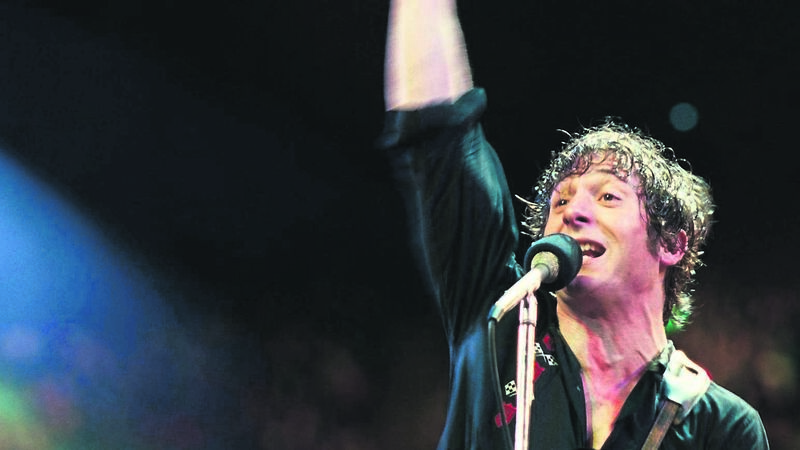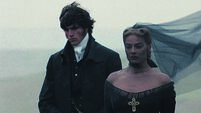Film Review: Glory days of the Boss delivered to perfection

While he can perform for thousands of fans, he struggles with the attention that comes with stardom. He has a deep desire to connect with people through music, and has often said that being on stage is his happiest place.
Springsteen captivates audiences with the intensity of his performances, leaving them enthralled by his legendary ability to perform for hours and sing until he is ready to drop.
With 21 studio albums and dozens of live albums, Springsteen is one prolific artist. His blend of folk, rock, and poetic storytelling sets him apart as a unique voice.
The Bear’s Jeremy Allen White stars as Springsteen in the film adaptation of Warren Zane’s novel, . Set between 1981 and 1982, the story explores a pivotal year in Springsteen’s life, examining his decision to create a minimalist, folk-inspired album rather than pursuing commercial success.
The film begins as Springsteen (Allen White) performs the final song of a long tour. The crowd is frenzied as he pours everything into , sweat dripping so fast that he is dehydrating right before our eyes.
He has rented a remote house back in his native New Jersey for some downtime, but his manager, Jon Landau (Jeremy Strong), is worried that solitude may not be what he needs right now.
Plagued by memories of his difficult childhood, the film flashes back to the violence Springsteen’s drunken father (Stephen Graham) inflicted on him and his mother. An undiagnosed mental health condition is rampant in the family, and Bruce knows he has it, too, to a certain extent.
Back in New Jersey, Springsteen plays weekend gigs at the Stone Pony, a venue he frequented before fame. He often returns not as the main act but as a regular with the Sunday night band, finding comfort in performing, regardless of the venue’s size.
Desperate for solitude yet troubled by loneliness, Springsteen begins writing new music that is raw and dark. He enlists engineer Mike Batlan (Paul Walter Hauser) to set up a simple home studio in his rental home, where he records several songs.
The Boss knows the tracks aren’t finished and hopes to refine them with his E-Street Band. While some songs exceed his expectations, the darker ones trouble him.
He wants a stripped-back, raw, and profound sound, reminiscent of what he created at home, without multiple instruments or complex production.
These songs will become , an album perceived as unconventional by the music industry, but they serve as a lifeline for Springsteen, who desperately needs them to work to save his sanity.
Between the music and the depression, he develops a relationship with Faye (Odessa Young), but can he silence his demons to see the life that Faye can offer him, or does he stay stranded in the darkness? And will become the album that Springsteen feels in his bones?
The film perfectly captures the man and his music, so those unfamiliar with his work don’t need to undertake a marathon album listening session to enjoy it.
It differs from other music biopics. It isn’t showy or explosive, but powerful in its quietness, befitting the Boss and his music.
Allen White’s performance is quite remarkable. He brings so much energy; he practically radiates with it, but the energy is trapped within him. He is like a nuclear reactor waiting to explode inwards, terrified to explode outwards and hurt anyone in the blast radius.
Allen White not only captures Springteen’s pain, but also his shine and why those around him love him so dearly and with great loyalty.
Allen White’s performance is enough to ensure awards attention, but add in the fact that he sings and captures Springsteen’s sound, and it’s a safe bet he will get an Oscar nomination.
A must for fans of The Boss, this is also for those who have yet to discover Springsteen. The film is a quietly devastating portrait of an artist with lyrics in his blood whose darkest days resulted in some of his best music.
, in cinemas, Oct 24, cert 12a, ****







